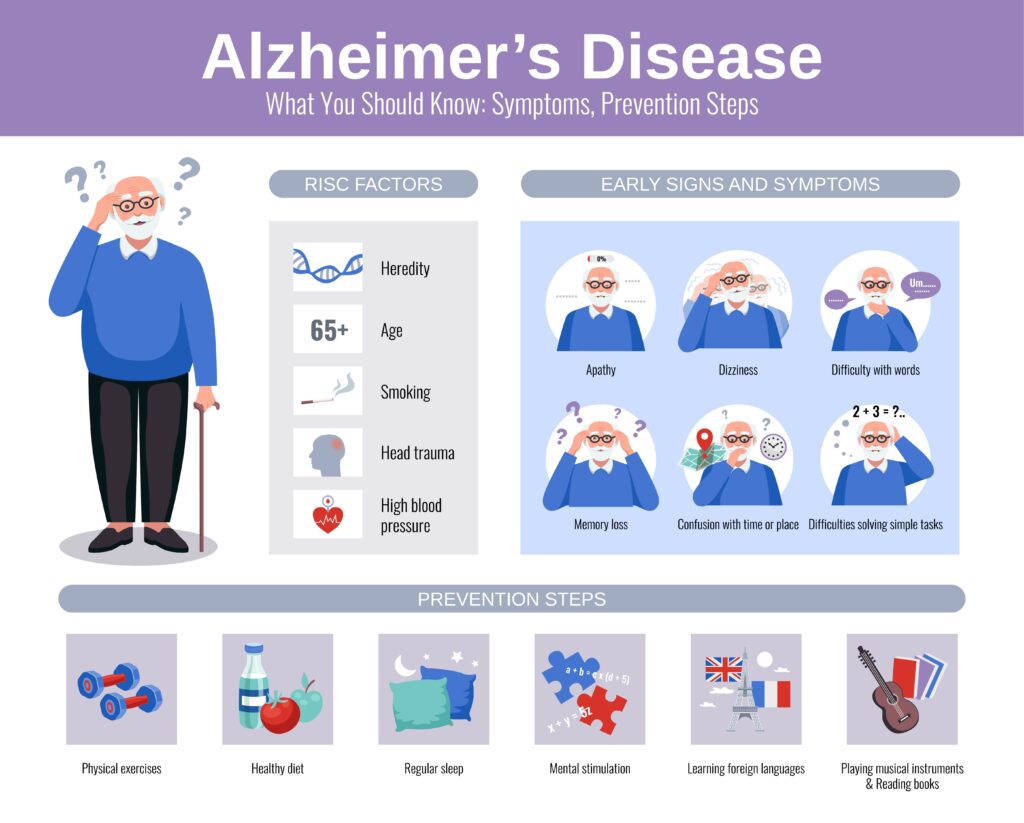Developer Bhaktraj Singh sheds light on role of Alzheimer’s care facilities
Alzheimer’s disease is a progressively debilitating neurological condition that presents significant challenges for individuals and their families. As the disease advances, it leads to memory loss, cognitive decline, and behavioural changes. In addressing the needs of those affected, Alzheimer’s care facilities play a pivotal role in providing specialized care and support to those impacted by the disease.
Bhaktraj Singh, an entrepreneur and CEO of multiple businesses in the development sector, has dedicated his efforts toward improving the lives of individuals with Alzheimer’s. Among his ventures is Adora, a company focused on designing and constructing exceptional Alzheimer’s residences in Burlington, Ontario. Driven by a personal passion for this cause, Singh actively advocates for greater awareness and strives to deliver the best possible care to his community.
Today, Bhaktraj Singh shares his insights on the invaluable importance of Alzheimer’s care facilities and the comprehensive services they provide.
Memory enhancement programs
“Alzheimer’s care facilities are instrumental in providing a diverse array of memory enhancement programs, meticulously crafted to stimulate cognitive function and foster social engagement”, says Singh. “These programs are vital for individuals grappling with the disease.”
These comprehensive programs encompass a wide range of activities, including art therapy, music therapy, memory games, and reminiscence therapy. Through these interventions, individuals can tap into their preserved memories, establishing a profound sense of purpose and fulfillment. By actively involving residents in meaningful activities, these facilities not only help slow down the progression of cognitive decline but also enhance their overall well-being.
Supportive community
The experience of living with Alzheimer’s can be extremely isolating, affecting both the individuals with the disease and their loved ones. However, Alzheimer’s care facilities provide a supportive community that allows residents to interact with peers facing similar challenges. This sense of belonging serves as a catalyst for social connections, alleviating feelings of loneliness, and nurturing emotional well-being.
“Support groups and educational sessions for families are offered oftentimes by these facilities,” adds Singh. “This provides a valuable network of understanding and empathy.”
24/7 care and monitoring
“Alzheimer’s care facilities are designed to offer around-the-clock care and vigilant monitoring, ensuring the safety and well-being of the residents,” affirms Singh. “Dedicated and highly trained staff members are readily available to provide assistance whenever needed.”
This constant support system brings immeasurable comfort to families, granting them the assurance that their loved ones are receiving comprehensive care and attention at all hours. Such diligent care allows individuals and their families to experience a profound sense of tranquility, knowing that care is always available.
Respite for caregivers
Caring for someone struggling with Alzheimer’s presents both emotional and physical challenges for caregivers. However, Alzheimer’s care facilities offer a vital respite, providing much-needed relief from the demanding responsibilities of caregiving. Whether it’s a brief break during the day or an extended period, respite care grants caregivers the opportunity to recharge, prioritize their own well-being, and fulfill personal commitments. Importantly, it ensures their loved ones receive exceptional care within a supportive environment.

Image by Freepik
As the prevalence of Alzheimer’s disease continues to escalate, the significance of these care facilities in our society cannot be overstated. They serve as beacons of compassion, understanding, and invaluable assistance for those affected by this challenging condition,
“This is a problem that isn’t going to go away,” says Bhaktraj Singh. “As we move forward, we need to prepare for the future and make sure that access to quality care becomes a standard.
Cover Image by Freepik






![The revolution called World Wide Web [Infographic]](https://technofaq.org/wp-content/uploads/2017/08/Infographic-Lets-Looks-back-The-evolution-of-WWW-150x150.jpg)







